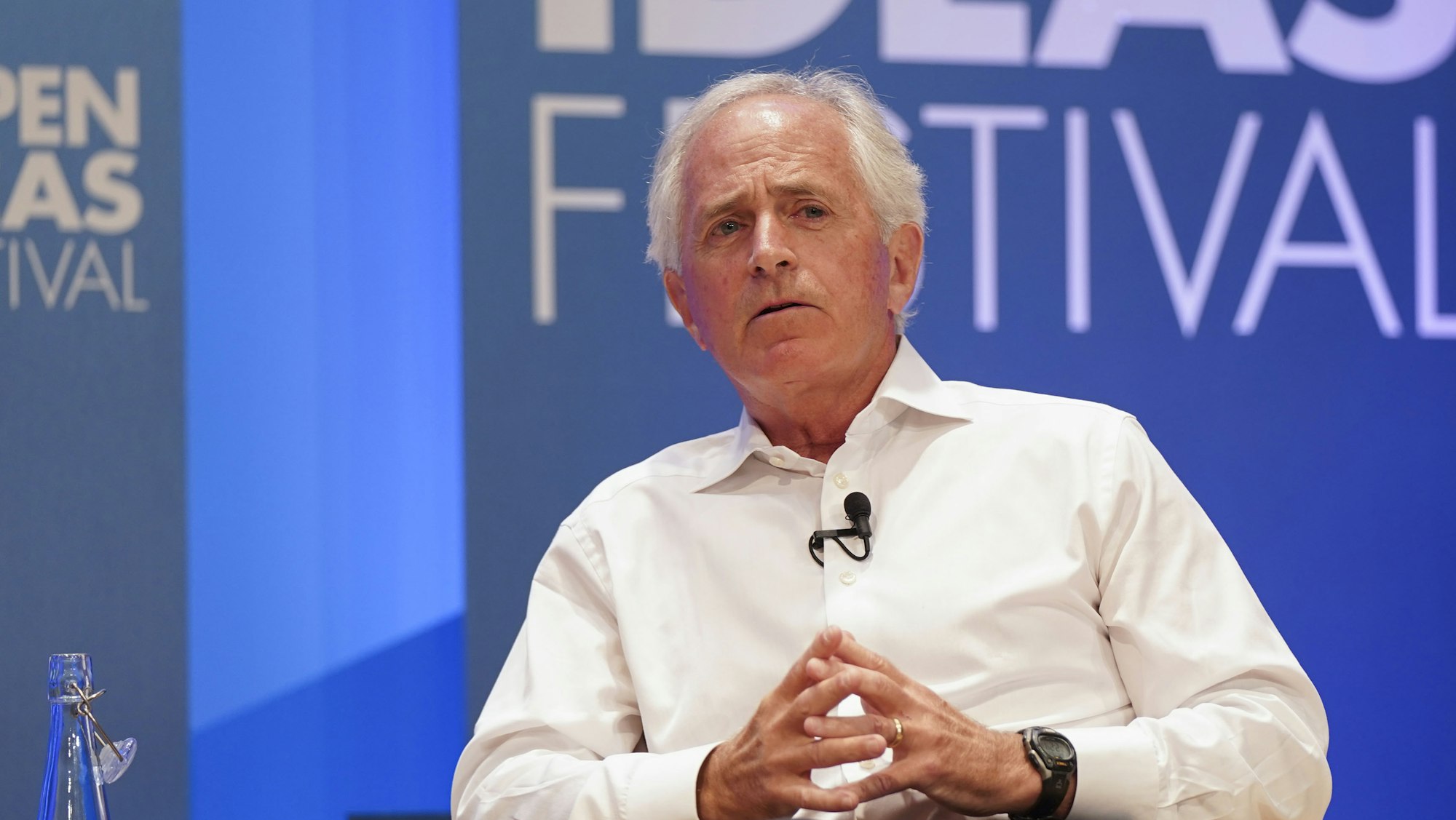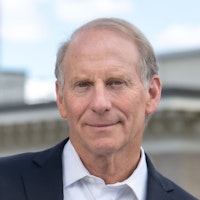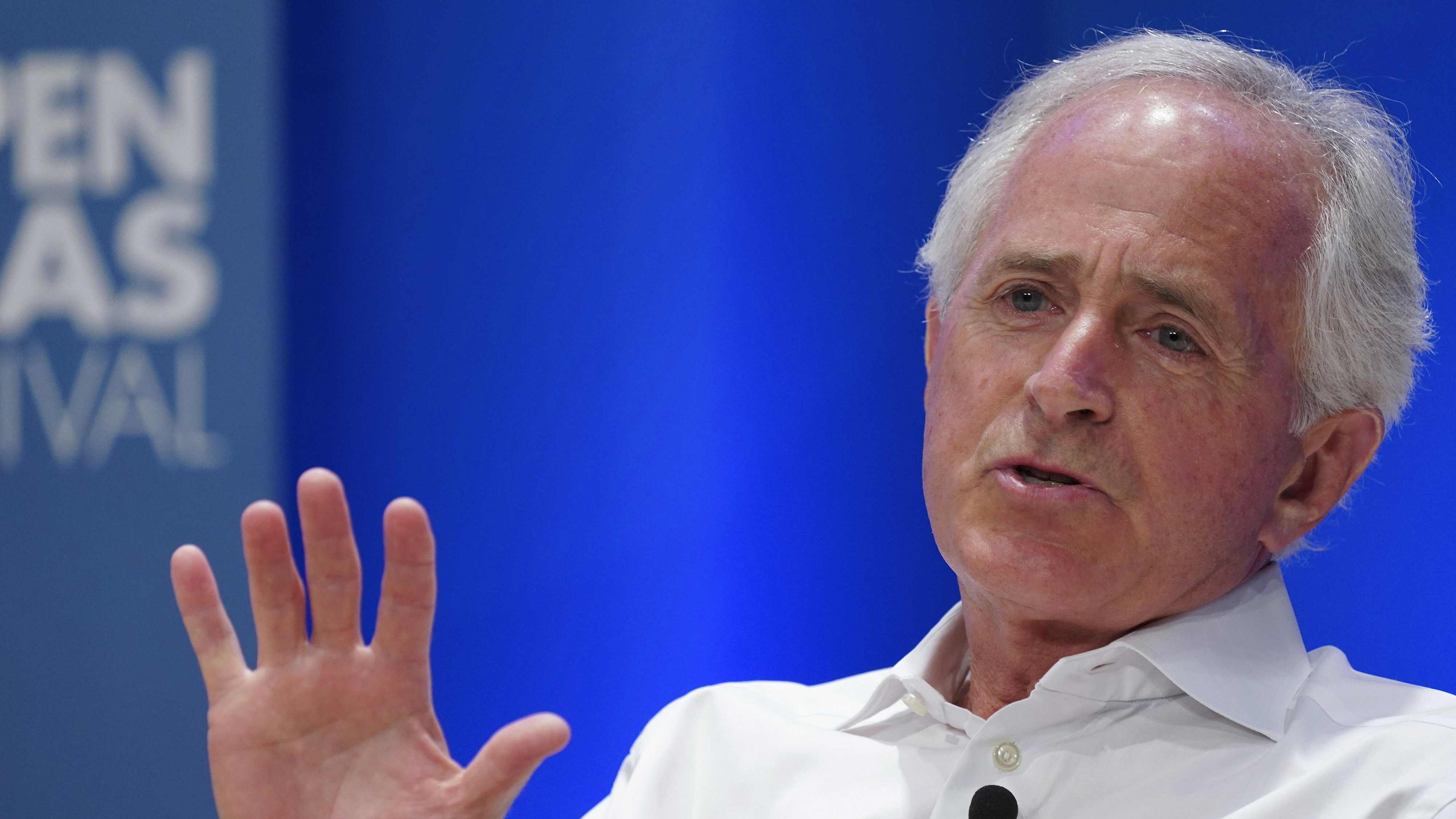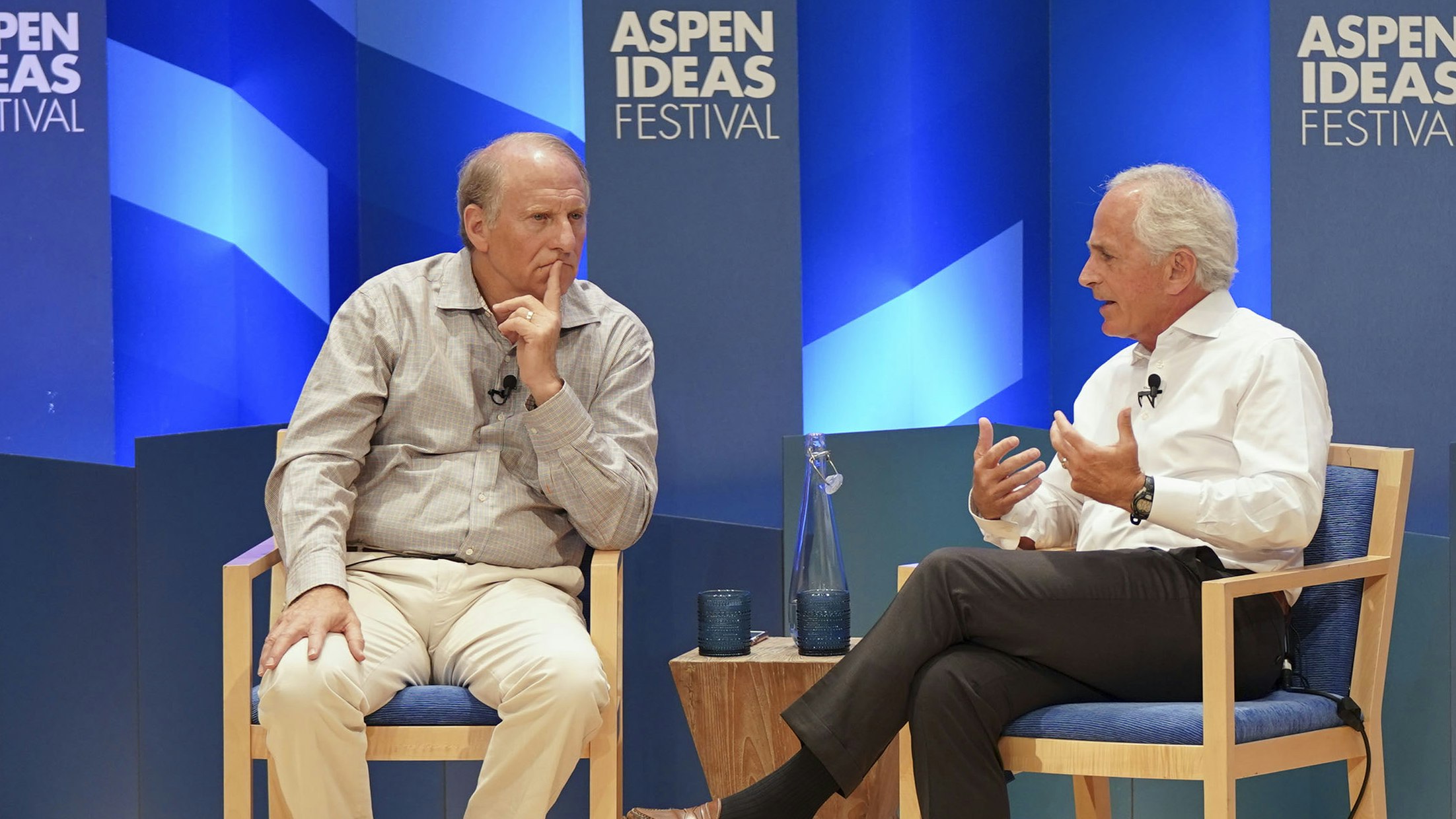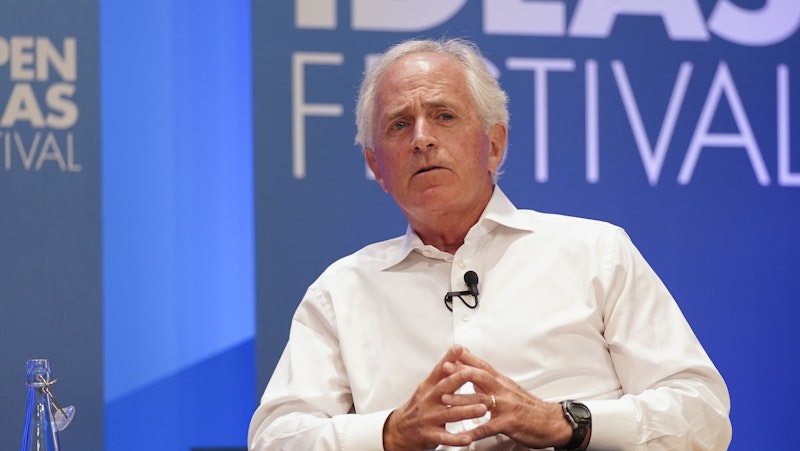
America in the World Today
Setup
Former US Senator Bob Corker, Republican of Tennessee, who led the Senate Foreign Relations Committee from 2015 to 2019, and Council on Foreign Relations President Richard Haass analyze the United States’ role in the world — how our relationships, responsibilities, entanglements, and motivations, have shifted in recent years and what’s at stake in the months ahead.
- 2019 Festival
- World
- USA
- Full transcript
Domestic turmoil gives the president a window to drive foreign policy
Arms sales to Saudi Arabia, tariffs implemented against the EU and China, a tepid response to Russian interference in elections — the Trump administration is increasingly going it alone on significant foreign policy decisions. Bob Corker, former US Senator (R) from Tennessee, sees this as a regrettable, but inevitable, result of a gridlocked Congress:
With voters in the US prizing action over deliberation, Trump has used increasingly unilateral methods to circumvent both Congressional indecision and oversight.
What does foreign policy mean to Republicans now?
Although President Trump is the figurehead of the modern Republican party, he’s also a foreign policy iconoclast. Richard Haass, president of the Council on Foreign Relations, questions whether Trump’s approach to foreign policy will live on past his presidency. Sen. Corker contends that Trump’s foreign policy is defined mainly by personal impulse and animus, and that’s hard to replicate.
Big IdeaI don’t think [Trump’s foreign policy] is translatable to a group of people who serve in the Senate. It’s just a very different way of dealing with foreign policy.Bob Corker
Any future president will have to work with — or around — the decisions Trump made. But Trump’s style of foreign policy will probably end along with his term(s) in office.
China’s a threat, but not in the way Trump thinks it is
Sen. Corker agrees with Trump that China poses a formidable challenge to US interests both at home and abroad, but he says that Trump is focusing on the wrong issues:
Instead of trade imbalances and tariffs, Corker claims that it’s China’s theft of intellectual property and forced transference policies that are much more damaging long-term.
The US should bolster foreign aid in its own backyard, not cut it
Richard Haass asks Sen. Corker where he sees opportunity for the US to have a positive impact in the world, and Corker immediately proposes tightening the US’ bonds with Central and South American countries. Not only would stronger US ties advance democracy and human rights in the region, says Corker, but they could also strengthen the US’ economy. At Haass’s pressing, Corker also affirms his support for careful increases to aid in the region.
By the Numbers
The Trump administration has used cuts to foreign aid as a bargaining chip for its policy goals in Central and South America, and Corker says this could be detrimental to everyone involved. Although there is potential for abuse (aid money being funneled to criminal enterprises, for example), Corker sees targeted increases in aid as an essential path forward in the region.
Explore More
World


Scholars are still uncovering information about Britain’s involvement in the transatlantic slave trade and its era of slavery, piecing together how the wealth generated from t...


Many more Americans are struggling to survive and make ends meet than is typically portrayed in the media and public policy debates. And when poverty is depicted, harmful and...

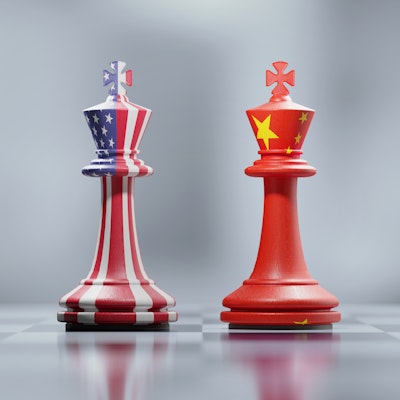
Relations between the United States and China have become increasingly tense over the past few years. Trade wars have escalated, and U.S. national security experts are bracing...


America’s “second founding” came on the heels of the Civil War, when the architects of the 13th, 14th and 15th amendments thought long and hard about how to enshrine civil rig...
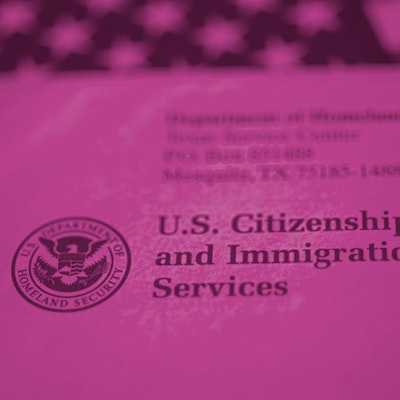

It’s been decades since the United States has updated its immigration policies in any sort of comprehensive way, and the problems and suffering at the southern border have per...
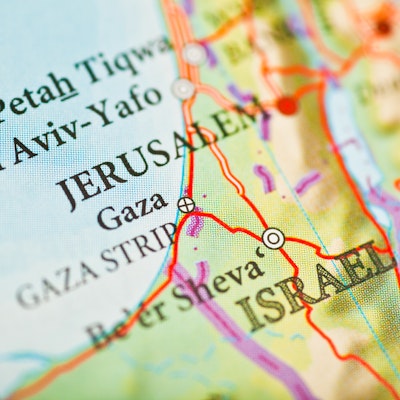
Three people whose lives have been irrevocably changed by the Israel-Palestine conflict share their stories of profound loss, grief and forgiveness.


Whether they publicly tout it or not, U.S. technology companies play a powerful role in politics, cultural issues and the way we live. Founder and investor Peter Thiel is one...

The 2024 presidential election is only months away, and the past few weeks alone have brought shocking headlines that change the political ground we stand on — an attempted a...
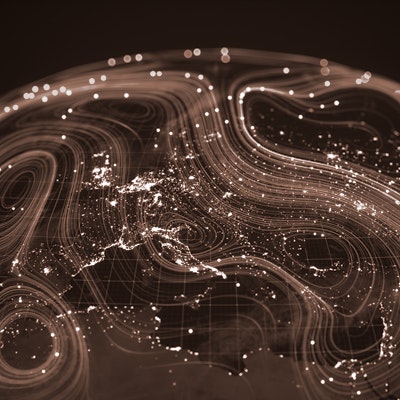

Sizable electorates around the world are flocking to populist candidates who promise power, domination and a return to better times. The global experiment in liberalism seems...

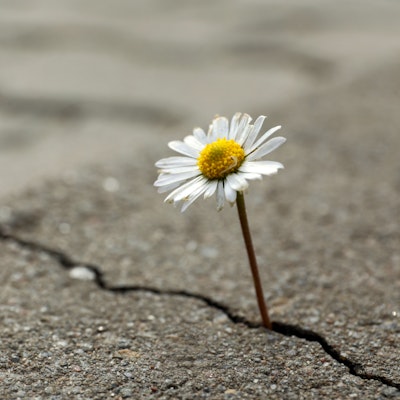
Conflict and suffering can bring out the worst in people, but it can also bring out the best. This is one of the lessons New York Times columnist Nicholas Kristof has learned...

The war in Ukraine continues to reshape European security and global alliances, while the war in Gaza raises urgent questions about humanitarian aid and international interven...


The federal right to abortions in the United States has been overturned, access to contraception and IVF services are threatened in many states, and the gender wage gap persis...
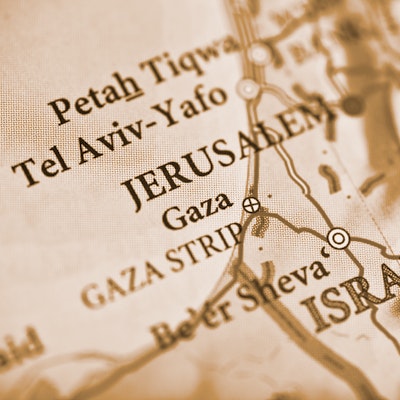
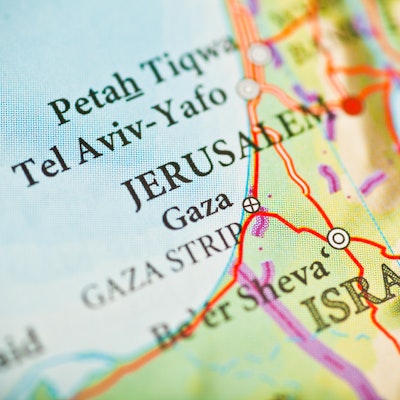
The grim stream of news from the Middle East has been making it more and more difficult to hold onto hope for peace. When and how will the conflict in Gaza end? And could war...
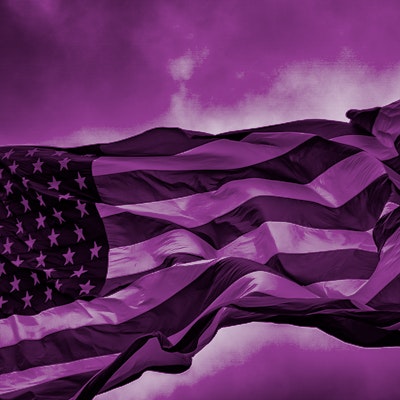
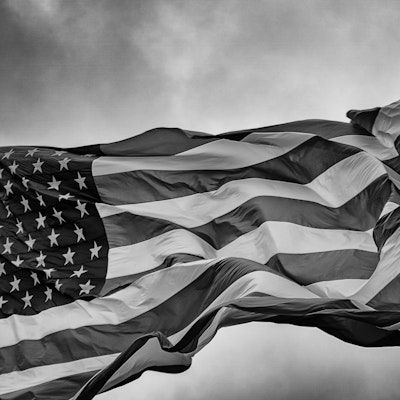
The Supreme Court has issued another series of controversial and consequential decisions this term, fueling discussion on the current state of the judicial branch. Recent poll...
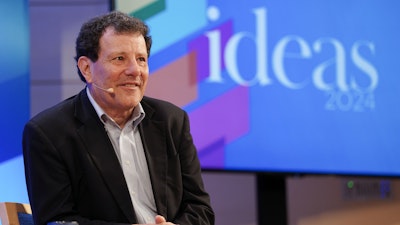
As one of the foremost reporters of his generation, Nicholas Kristof has been witness to century-defining events and atrocities around the world. How has he managed to weaponi...
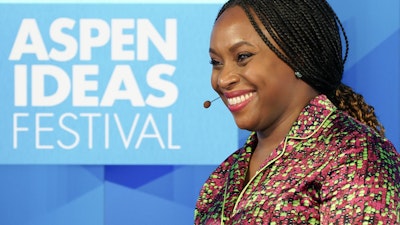
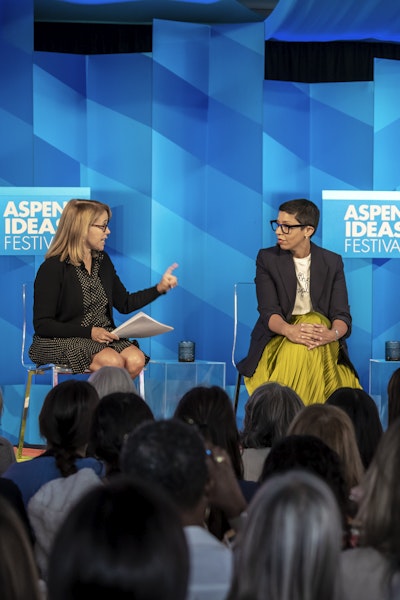
The rollback of reproductive rights, the push to end no-fault divorce, and gun laws that allow domestic abusers to own a firearm are turning the clock back on women’s rights....

Americans feel more polarized than ever, but two governors from opposite sides of the aisle have made it their mission to show otherwise.
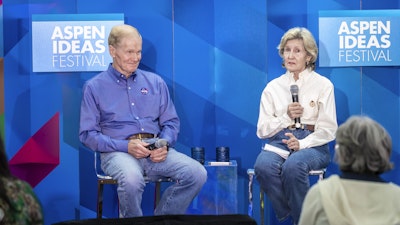
Former Senators Bill Nelson and Kay Bailey Hutchison discuss the bipartisan work that defined their careers, suggest ways for today’s elected officials to find common ground,...
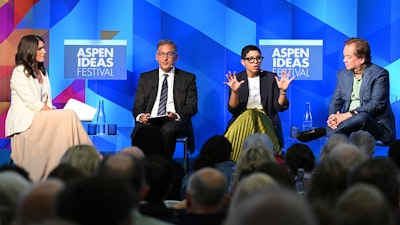
As the Supreme Court concludes another contentious term, it is once again reshaping the legal landscape. With cases on abortion, gun rights and social media — and potentially...


